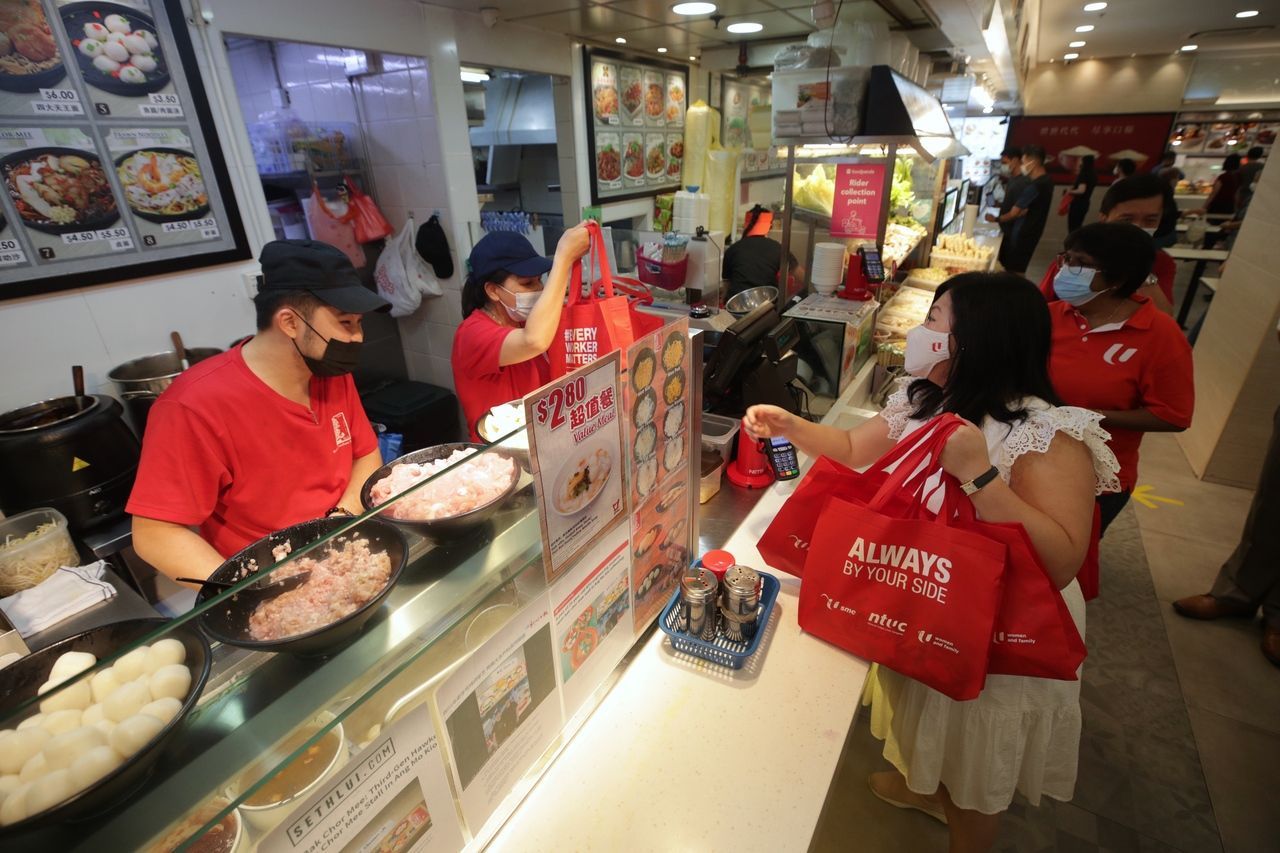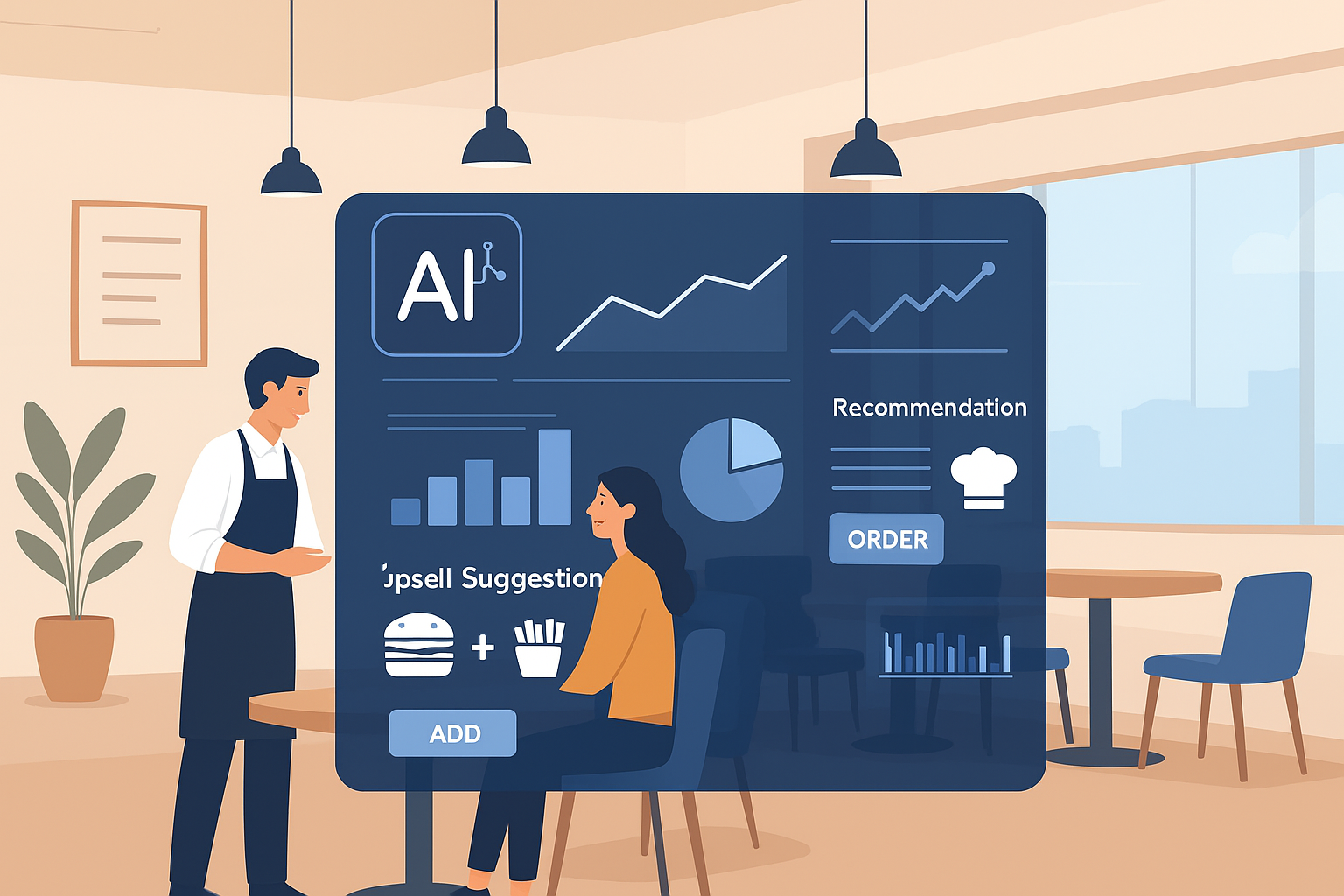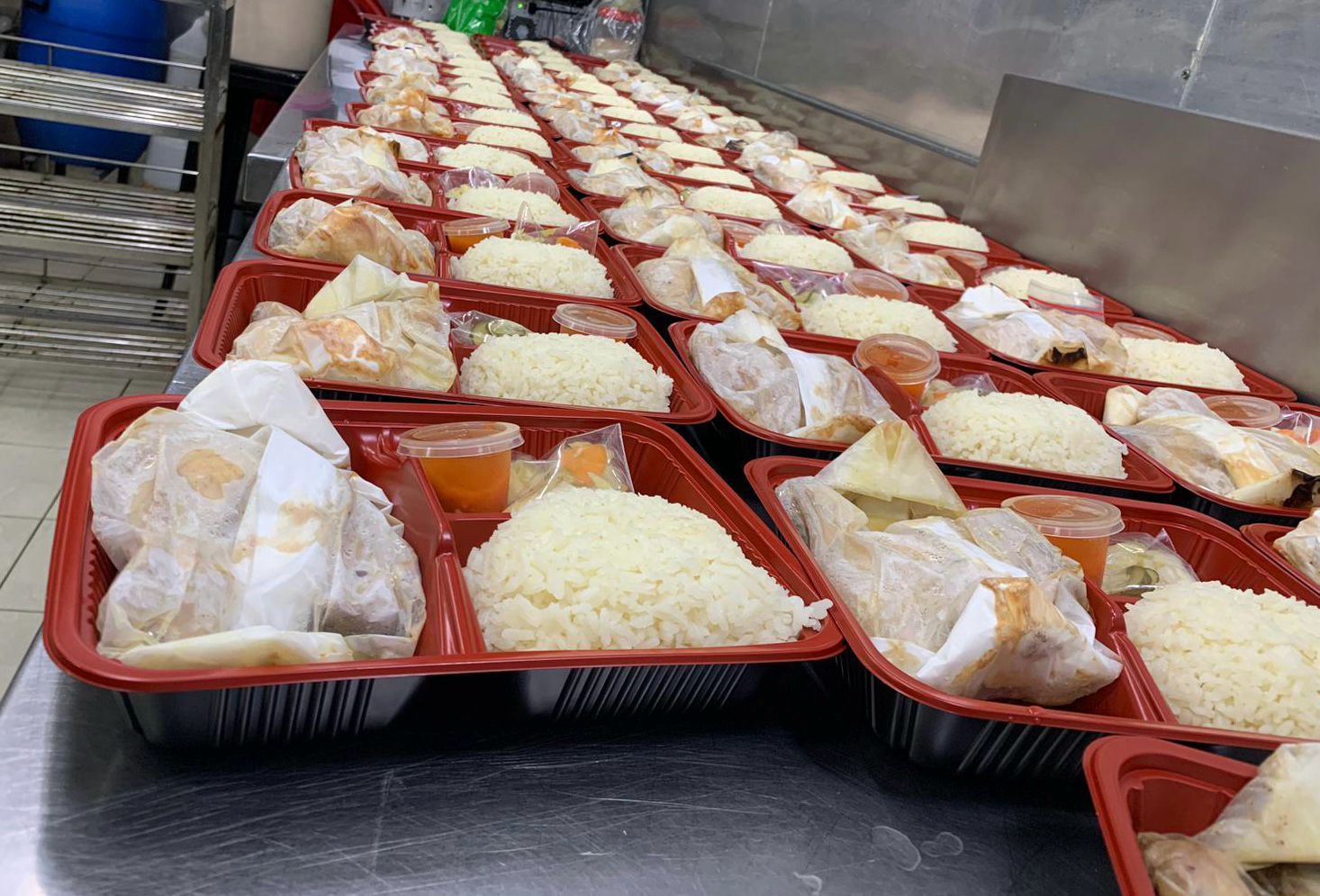10 Things To Look for When Implementing a CRM for Your Restaurant
Implementing a customer relationship management (CRM) system can be transformative for restaurants seeking to increase customer loyalty, streamline operations, and improve engagement. Here are essential considerations to help ensure your CRM is set up effectively for long-term success in your restaurant.
1. Identify Your Loyalty Program Goals
- Customer retention strategies: Outline specific goals for your loyalty program, such as increasing repeat visits, improving customer satisfaction, or offering exclusive perks for frequent diners. When your goals are well-defined, you’ll be better positioned to select CRM features that meet your restaurant’s unique needs.
- Enhance return rates: A CRM allows you to build a structured loyalty program that offers guests rewards or benefits that encourage them to return, ultimately boosting your overall retention rates.
2. POS System Integration
- Seamless operations: Ensure your CRM integrates smoothly with your POS system for a unified flow of customer data and sales information. POS integration simplifies loyalty point tracking and redemption, automates data entry, and reduces potential errors, which benefits both staff and customers.
- Centralized customer insights: When your POS and CRM systems are synced, it enables accurate, real-time tracking of customer purchase history, which helps you personalize their experience and target them with relevant offers.
3. Versatile Membership and Loyalty Features
- Tailored rewards programs: The best CRM allows for custom rewards structures, including points-based programs, referral rewards, or exclusive VIP memberships, creating more incentives for customer engagement.
- Flexible redemption: Ensure your CRM offers flexible redemption options that are easy for customers to use. Simplified redemption increases program participation and overall customer satisfaction.
4. Robust Analytics and Reporting
- Track customer patterns: Analytics tools within the CRM let you analyze customer spending habits, preferences, and frequency of visits, making it easier to design targeted campaigns that boost sales.
- Actionable insights: Look for a CRM that offers predictive analytics, suggesting the best ways to engage specific customer segments based on their historical behaviors, which drives engagement and improves loyalty.
5. Mobile-Optimized Access
- On-the-go management: Mobile-friendly CRMs enable your staff to access customer data from tablets or smartphones, which is helpful during peak hours when quick responses are essential.
- Enhanced flexibility: Mobile CRM access also supports real-time tracking of loyalty data, making it easier for staff to deliver a personalized experience from anywhere in your restaurant.
6. Automated Campaigns and Engagement
- Improved engagement: Automating routine customer touchpoints—such as sending promotions, follow-up emails, and birthday offers—helps your restaurant stay connected with customers, even without a dedicated marketing team.
- Streamlined loyalty efforts: Automation ensures consistency and accuracy in your loyalty efforts, enhancing your brand’s reliability and reducing the need for continuous manual oversight.
The right CRM solution, thoughtfully configured, can make a significant difference in building loyalty and streamlining operations. By focusing on these essential factors, you’re equipped to create a memorable experience for your guests, helping drive brand loyalty and increase sales over time.
If you are interested in solutions sucha as a QR ordering, POS system, CRM membership management solutions, click here to send us an enquiry.
Interested in a CRM Based POS System, QR ordering or a standalone CRM membership system?
Send an Enquiry!
You might also like



